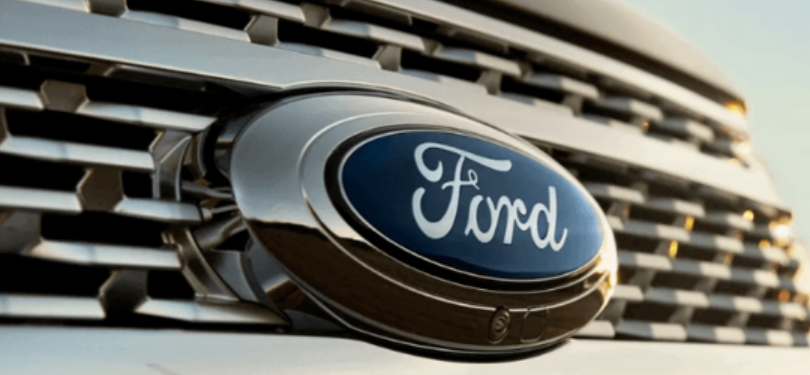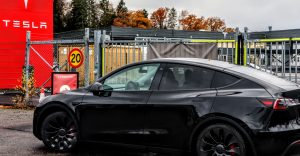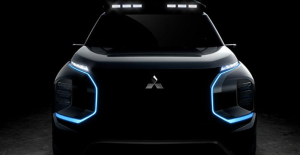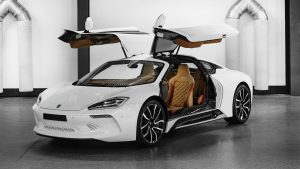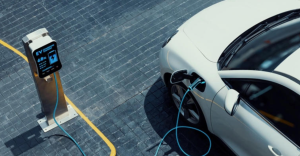Ford has joined the chorus of companies questioning the feasibility of these regulations.
Others are reading now
The push for electric vehicles is reshaping the global auto industry, but it’s not without controversy.
As governments enforce stricter targets for EV adoption, many automakers are struggling to meet the demands while keeping their businesses viable.
In England, Ford has joined the chorus of companies questioning the feasibility of these regulations.
The UK government has mandated that 22% of all new car sales in 2024 must be electric.
Also read
Ford, however, has no intention of limiting its dealerships from selling gas or diesel vehicles to meet this target.
Lisa Brankin, Ford’s managing director for the UK, said in an interview with Autocar that the company won’t impose such restrictions.
This stance reflects growing frustration within the industry. Ford isn’t alone in its criticism. Nissan, another major player, has warned that aggressive quotas could have dire consequences for the British auto industry.
The company has cautioned that the policy could lead to thousands of job losses and severely impact car production in the country.
The backlash from automakers has prompted the UK government to reconsider its position. Officials have indicated they may revise the regulation following discussions with industry leaders.
For companies like Ford, this offers hope for a more balanced approach to the EV transition.
Not all automakers are reacting the same way. Volkswagen, which doesn’t have manufacturing facilities in England, has also expressed concerns but framed its criticism differently.
Its outgoing director argued that the lack of sufficient government support for EVs is making it harder for the industry to adapt.
The debate over England’s EV targets is part of a larger global conversation about how quickly the world can shift to cleaner technologies.
While Ford remains committed to electric vehicles in the long term, it’s clear that the company doesn’t see restrictive quotas as the right path forward.

